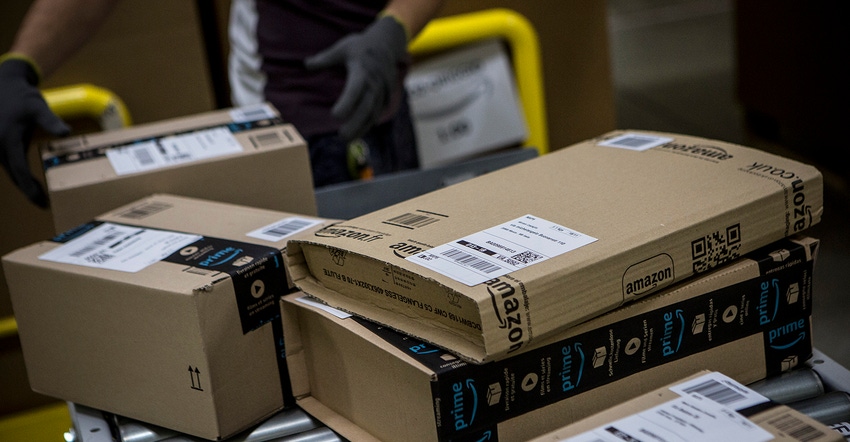5@5: Amazon, NLRB settle on organizing | Vertical farms not growing | A look at food labor
Each day at 5 p.m. we collect the five top food and supplement headlines of the day, making it easy for you to catch up on today's most important natural products industry news.
December 23, 2021

Amazon agrees to let employees unionize
Online retail giant Amazon has reached an agreement with the National Labor Relations Board to allow its employees to organize without retribution from the company, according to The Associated Press. Amazon is required to reach out to former and current warehouse workers to notify them of their rights. If the labor board learns that Amazon violated the agreement, NLRB can sue without going through administrative hearings first. Amazon employs 750,000 nationwide.
Vertical farms still trying to capitalize on supply chain problems
With climate change disrupting growing seasons and COVID-19-related issues muddling up the food supply chain, vertical farm companies expected 'food sovereignty' to become an important issue over the past 20-some months. GreenBiz.com's recap of vertical farming news explains what happened and what didn’t.
Washington city decriminalizes psilocybin mushrooms, other psychedelics
Port Townsend, Washington, city council members on Monday voted to decriminalize psychedelics and support decriminalization at the state and federal levels, as well, Forbes reports. The city of 10,000 or so residents, is located 42 miles (as the crow flied) northwest of Seattle, which itself approved a similar measure in October. Small studies have shown psilocybin may reduce depression and/or anxiety in cancer patients.
Seattle mayor supports continued hazard pay for grocery workers
Seattle Mayor Jenny Durkan, citing the current increase in COVID-19 cases in the city and King County, will veto a bill that would have ended $4 per hour hazard pay for grocery workers, according to King5.com. The hazard pay requirement went into effect on Feb. 3 and applies to stores within city limits that employ 500 or more people. The formal veto is expected on Monday.
Food workers: A look at food and agriculture labor issues
Civil Eats talks with Devita Davison of Food Lab Detroit and Magaly Licolli of Venceremos about food workers standing up for themselves this year. From John Deere to Starbucks to Tyson, employees are demanding protection from illness, injury and death; fair wages; and quality benefits.
About the Author(s)
You May Also Like


